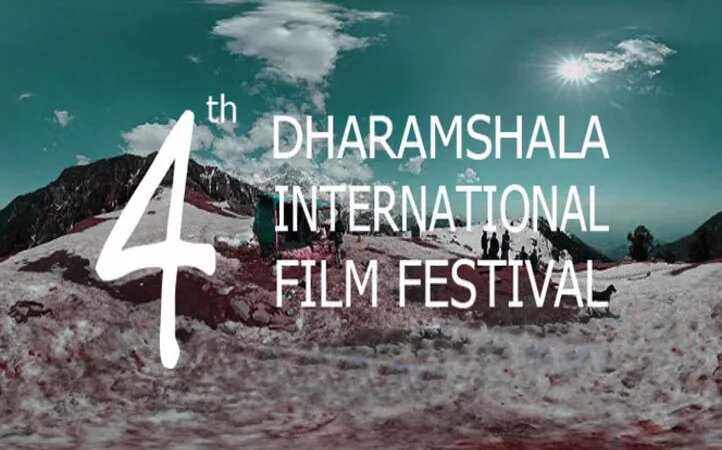
Dharamshala International Film Festival (DIFF), one of the most awaited events of the year in the foothills of Dharamshala was started by filmmakers and longtime Dharamshala residents’ couple Ritu Sarin and Tenzing Sonam in 2012. Ritu in her inaugural speech remarked that in a small town with no cinema halls, they set out to create an event that would showcase the best of Indian and International independent films. This was an effort to open up discussion on social and cultural issues and exhibit varying creative forms of expression. Using the universal language of cinema, DIFF hopes to create a cultural platform to bring together Dharamshala’s diverse communities and to enrich their knowledge and understanding of the world. This year Heinrich Böll Foundation provided travel support to few Indian film makers, musicians and journalists in the festival that took place from 5 to 8 November 2015.
The festival this year started off with the screening of the much talked about film ‘Titli’ by film maker Kanu Behl on the 5th of November. With a jam packed auditorium the screening was attended by the director and the lead actor, Ranvir Shorey. The story of the film revolves around the lives of three brothers’ emotional and psychological war in the heart of India’s capital, Delhi. Kanu Behl confessed during our interaction that the biggest decisions in our lives are made in the silent moments - silent defines change. Titli shows us how difficult it is to escape our family ties.
[gallery]
The fascinating nature of festival was the fact that there was screening of films from all over the world on different themes. The organizer revealed that this year’s festival represented 17 countries; 14 feature films, 10 documentaries, 6 Indian shorts and 5 children’s films. Thirteen films made by women film makers which created an additional color to it. For instance, Dechen Roder, a prominent Bhutanese film maker’s ‘Lo Sum Choe Sum’ tells the struggle of a young woman who faces a harsh gaze from society. Dechen elucidates the commonality of sexual abuse that happens at homes in Bhutan. These are things which are neither talked about nor discussed in social media but which create lots of gossip. She demonstrates the traditional Buddhist practice of ‘three year, three month retreat’ of monks, nuns and religious practitioners into the contemporary concept of young woman’s struggle.
Similarly, Talya Lavie’s film titled ‘Zero Motivation’ conveys the struggle of Israeli female soldiers in the military camp. Through this movie we get a glimpse of Israeli society and the position of the women in it. Talya Lavie remarks thus “We (Israeli) are not allowed to do our daily work, our daily dramas because everybody says that there is endless war in our country. But I want to show the life of normal people how they are affected especially the women’s life.” Bringing such diverse films to the mountains created a special atmosphere in the whole space.
Some other internationally acclaimed films which praise was well received by the audience included Chinese director Hu Wei’s “Butter Lamp”, French director Boris Lojkine’s “Hope”, Burmese director The Maw Naing's "The Monk", Japanese director Kaoru Ikeya's "Lung Ta" and Swiss director Anka Schmid’s “Wild Women – Gentle Beasts”. The film festival also presented few panel discussions on contemporary issues like films and female gaze and the New Indian Indie wave. Overall, this festival proved to be an outstanding moment for all participants including filmmakers, actors and especially viewers who could enjoy a diverse range of movies at a single platform.